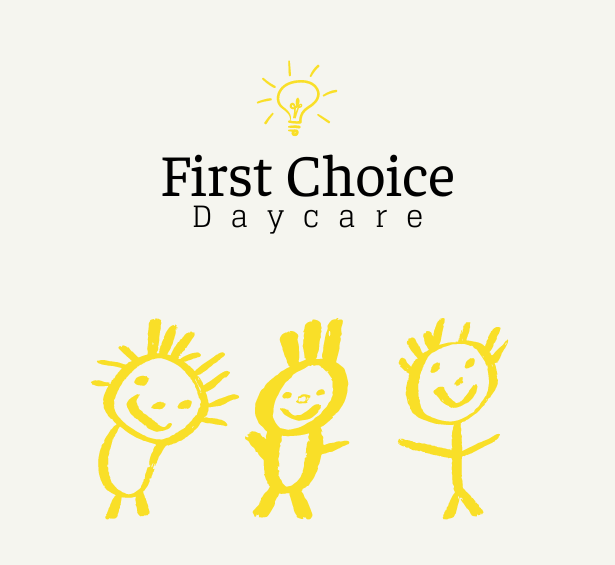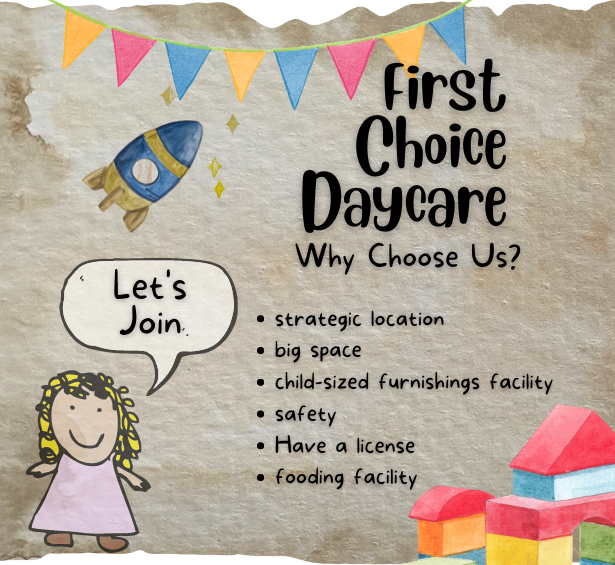First Choice Daycare recognizes and respects the unique differences of the families we serve. Therefore, we have chosen to implement an anti-bias curriculum. We strive to provide activities that are multicultural, gender fair and disability sensitive. We follow Washington DC Model for School readiness- which is always being reviewed and updated by the Washington DC department of Education. Our curriculum is broken down into language/literacy, mathematics, science, social/emotional skills, cognitive development, health and physical development, and social studies.
- Planning a safe, healthy learning environment.
- Steps to advance children’s physical and intellectual development.
- Positive ways to support childrens social and emotional-
- Development Strategies to establish productive relationships with families.
- Strategies to manage an effective program operation.
- Maintaining a commitment to professionalism.
- Observing and recording children & behavior.
- Principles of child growth and development.

